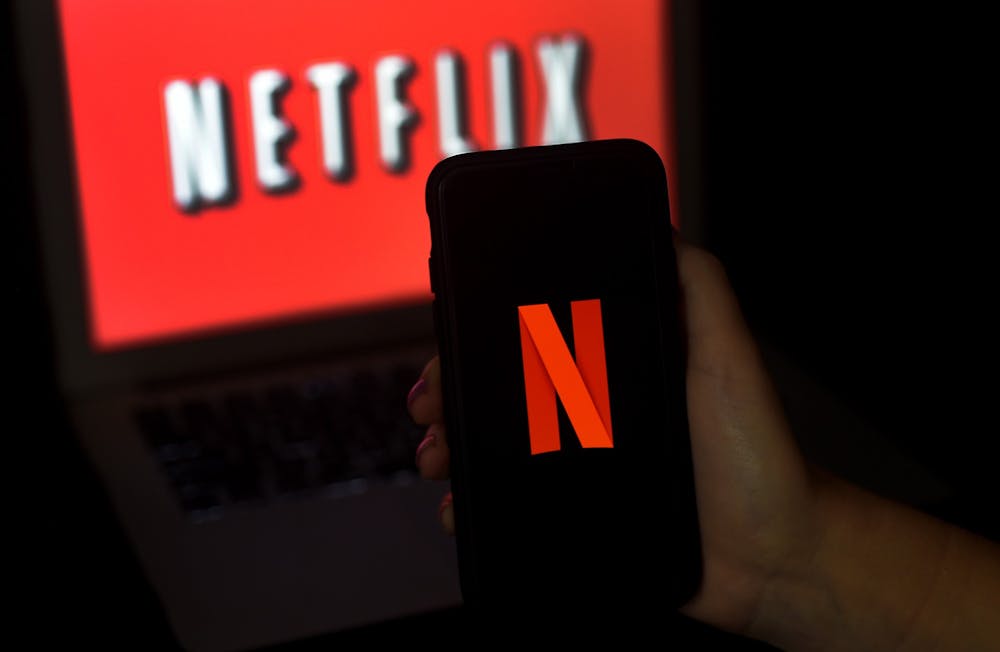Last week brought the news that every fan dreads. Michael Dante DiMartino and Bryan Konietzko, the creators behind “Avatar: The Last Airbender,” announced Aug. 12 they would no longer be involved in the live-action adaptation of the original series, which would have been in the form of a television show on Netflix.
Both cited creative differences with Netflix as the reason for their departure.
“I realized I couldn’t control the creative direction of the series,” DiMartino said in a statement on his website, “but I could control how I responded.”
This has become all too common a story in the entertainment world. One very high-profile example came in 2018, when Academy Award winner Danny Boyle left the upcoming James Bond film due to producers disliking the direction he was taking. However, something about the situation with “Avatar” stings just a little bit more.
While I’m sure that some of my disappointment is rooted in nostalgia for a show that was part of my childhood, I think there’s something deeper at play. If I’m being totally honest, I haven’t followed the show very much ever since I stopped watching cartoons in the morning.
The real reason I’m so bitter doesn’t have as much to do with the show as it has to do with Netflix.
There are many reasons why a studio might take control of a project, and a live-action adaptation of “Avatar” could absolutely be prone to some degree of interference. Despite the newfound popularity that came from being added to Netflix, many studios would still try to make changes that would make it, at least in their eyes, more worthwhile as an investment. The problem is that the reasons a studio might try to change the direction of a series are almost irrelevant to Netflix series. The potential reasons to make changes are numerous but can generally be divided into three categories.
Firstly, many projects wind up being of a much lower quality than expected. Sometimes shows and movies just turn out to be bad, and a studio has to step in to save the project. This is reportedly what happened to “Fantastic Four” in 2015. But this is Netflix we’re talking about. If the slew of enjoyably trashy romantic comedies, including the recently released “The Kissing Booth 2,” is any indication, quality is not a particular priority for them.
Another possibility is a lack of accessibility. Many projects don’t have the mass appeal that can guarantee people will go to a theater. Many argue that “Justice League” was in such a situation in 2017. But, once again, Netflix does not care about accessibility. Just last year it released “The Irishman,” a three-and-a-half hour long gangster drama. To say it was made for a small audience is an understatement.
The third reason is simple: money. Movies and shows cost a lot to produce, and budgets can balloon rapidly. Oftentimes, a studio won’t want to shoulder such a heavy cost, which leads to movies such as “The Snowman” not getting the necessary budget to be completed on time. But this is entirely irrelevant to “Avatar,” a show which was going to be heavily reliant on visual effects no matter what creative direction the showrunners took. Not to mention Netflix doesn’t have a reputation for skimping on effects-heavy projects, such as the aforementioned “The Irishman.”
So, why did they interfere with the project so much that the creators behind the original series, who were originally brought on as executive producers, chose to leave the series they were so dedicated to? There may be a valid answer out there somewhere, but for now it eludes me.
What makes it so frustrating is that Netflix is in such a different position here. Other studios are limited by the problems I’ve brought up. They need to make a profit off their projects. Because their method of funding is subscription-based, Netflix doesn’t have such weaknesses.
Netflix could become renowned for the way it respects its creators, using its unique business model to fund projects that are more risky. It has already started to do that and has released some of the most acclaimed movies of the past several years. But “Avatar” might show a troubling break in the trend.
Netflix has become a major player in the media industry. It could determine the direction of new projects for years to come. And if it chooses to interfere in projects when they don’t need to, then we, the audience, would be the ones losing out.






